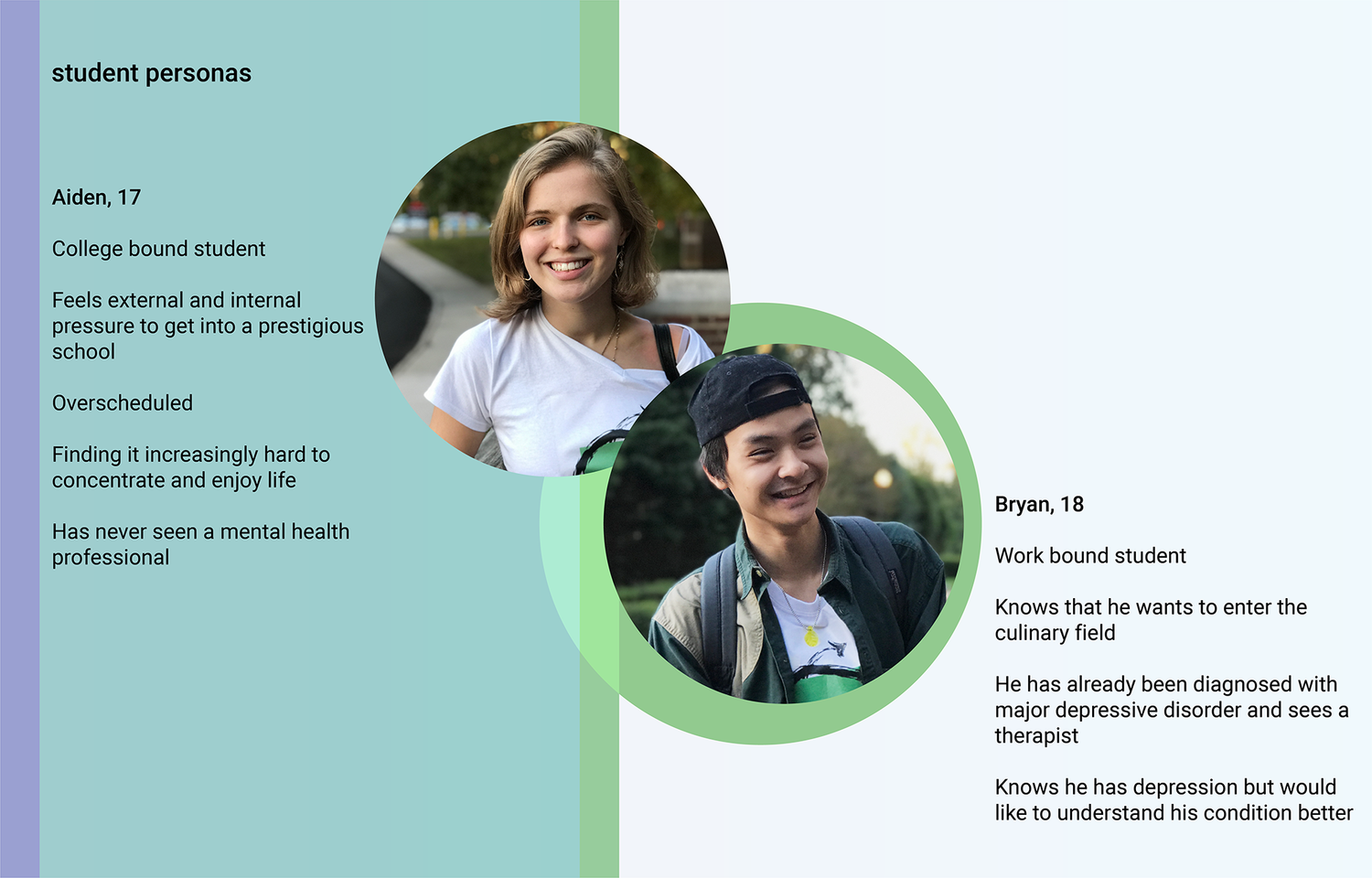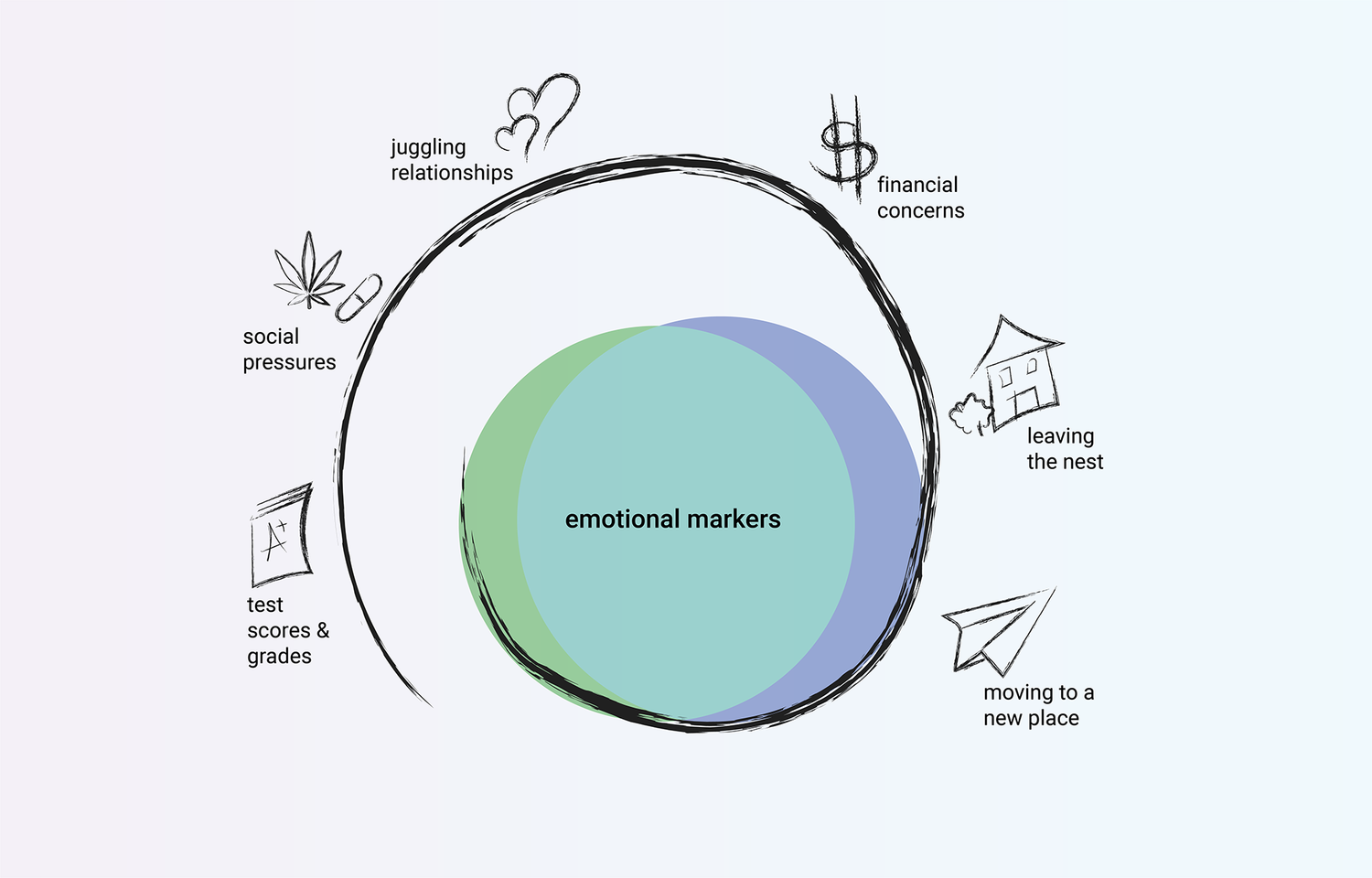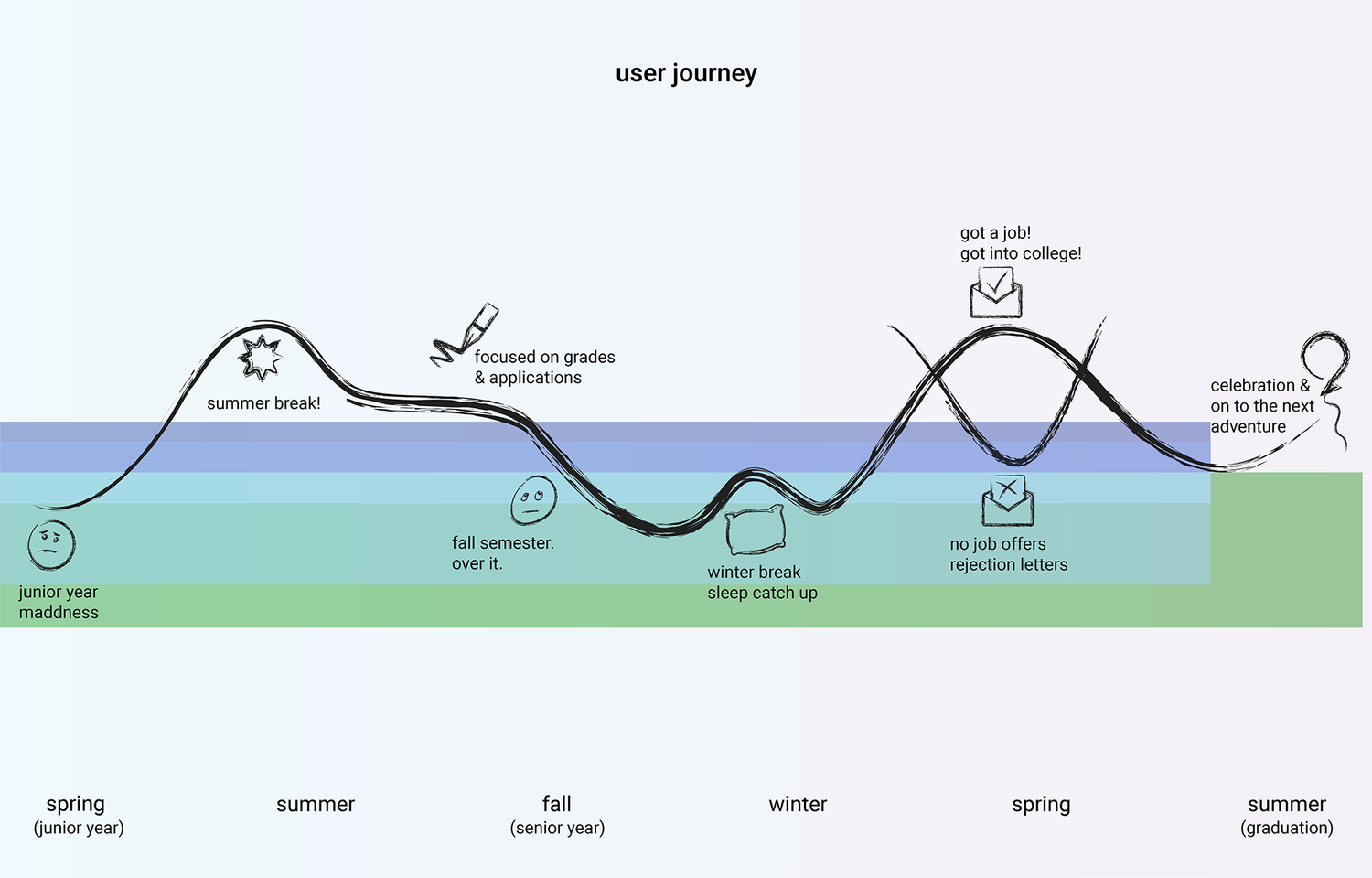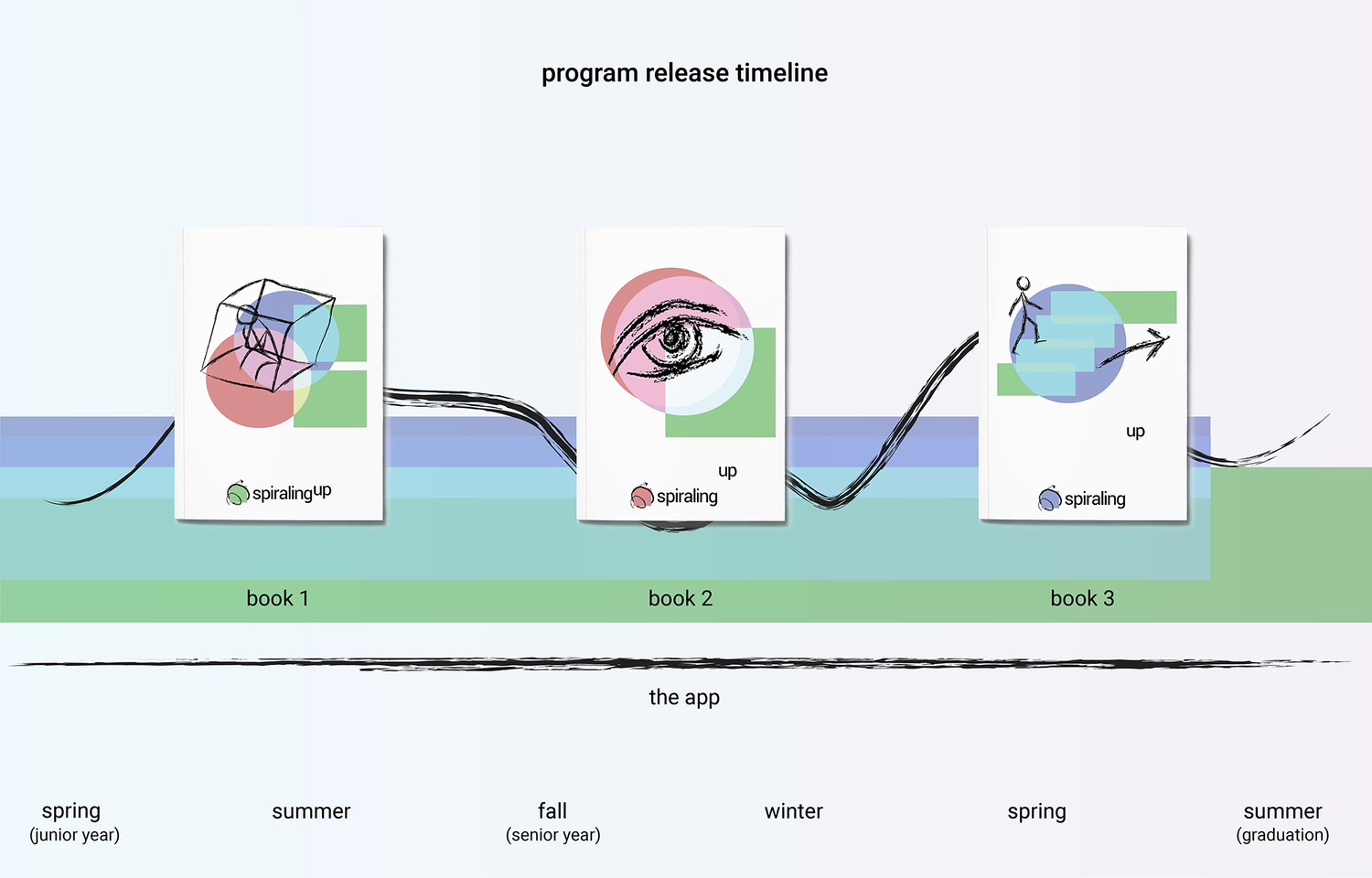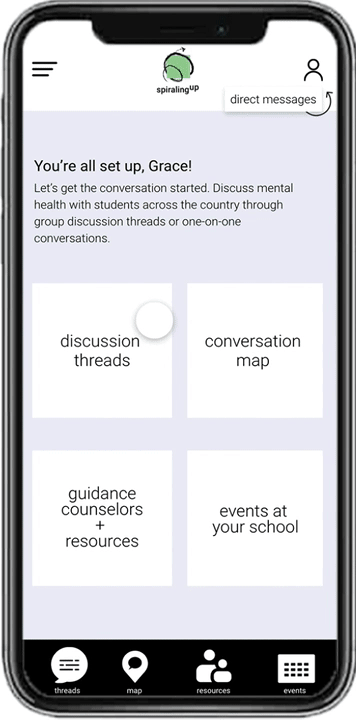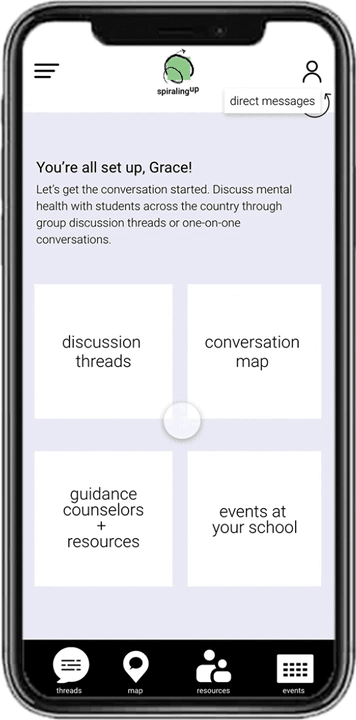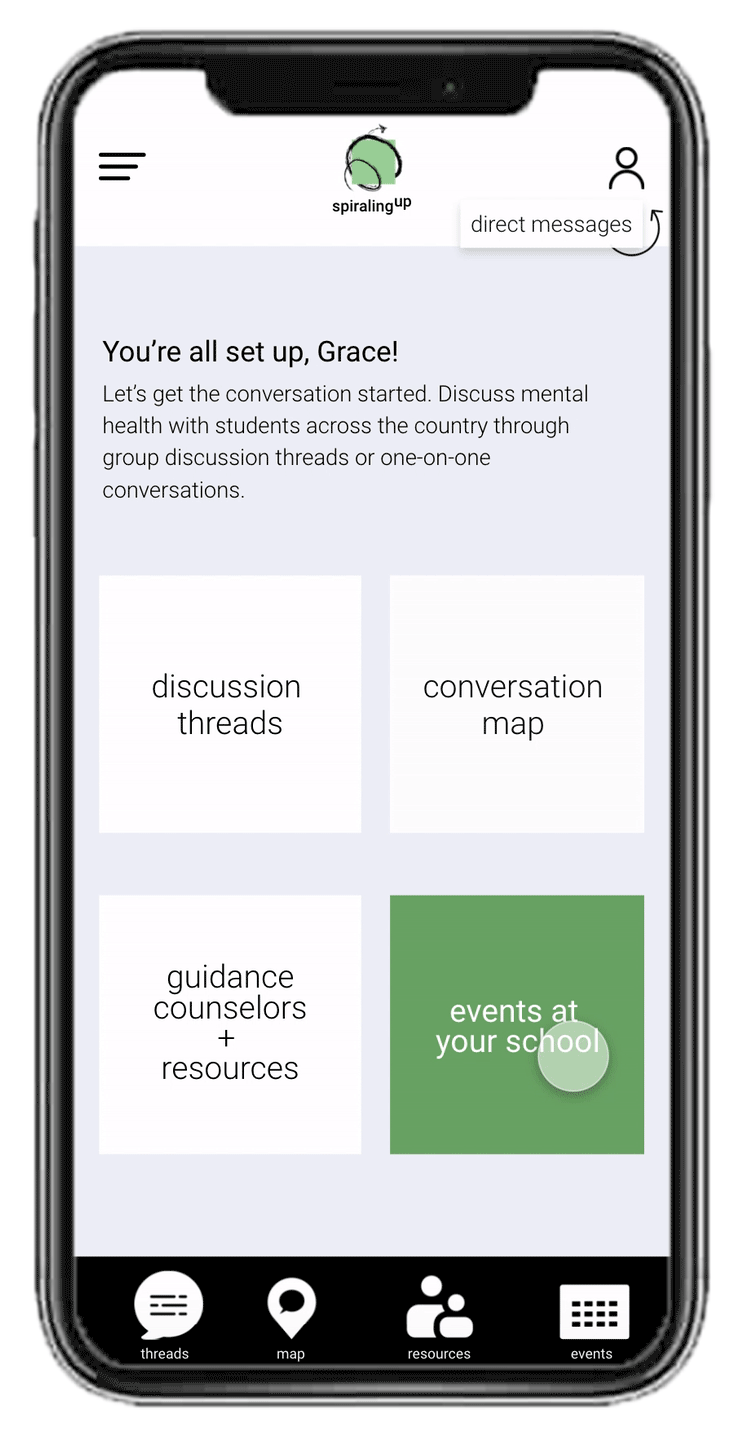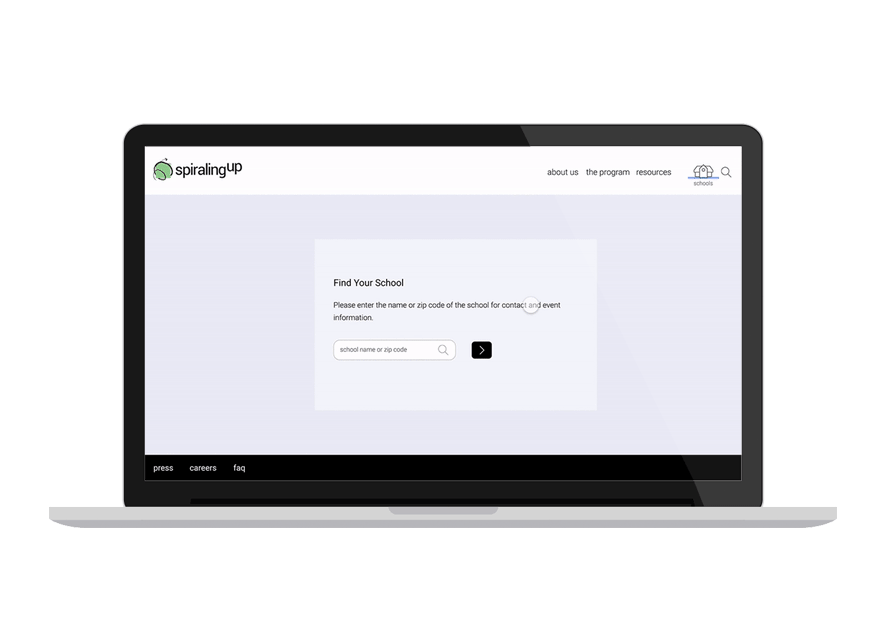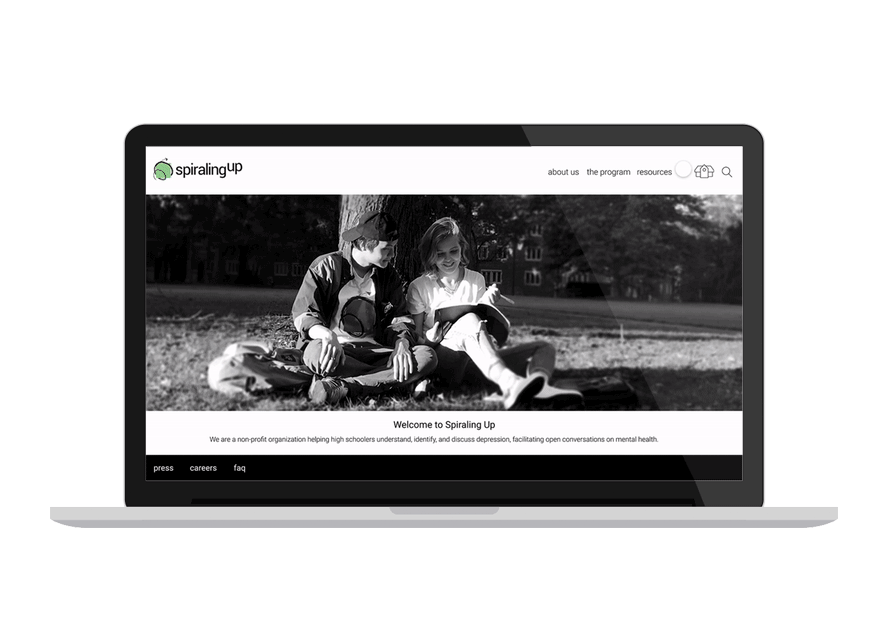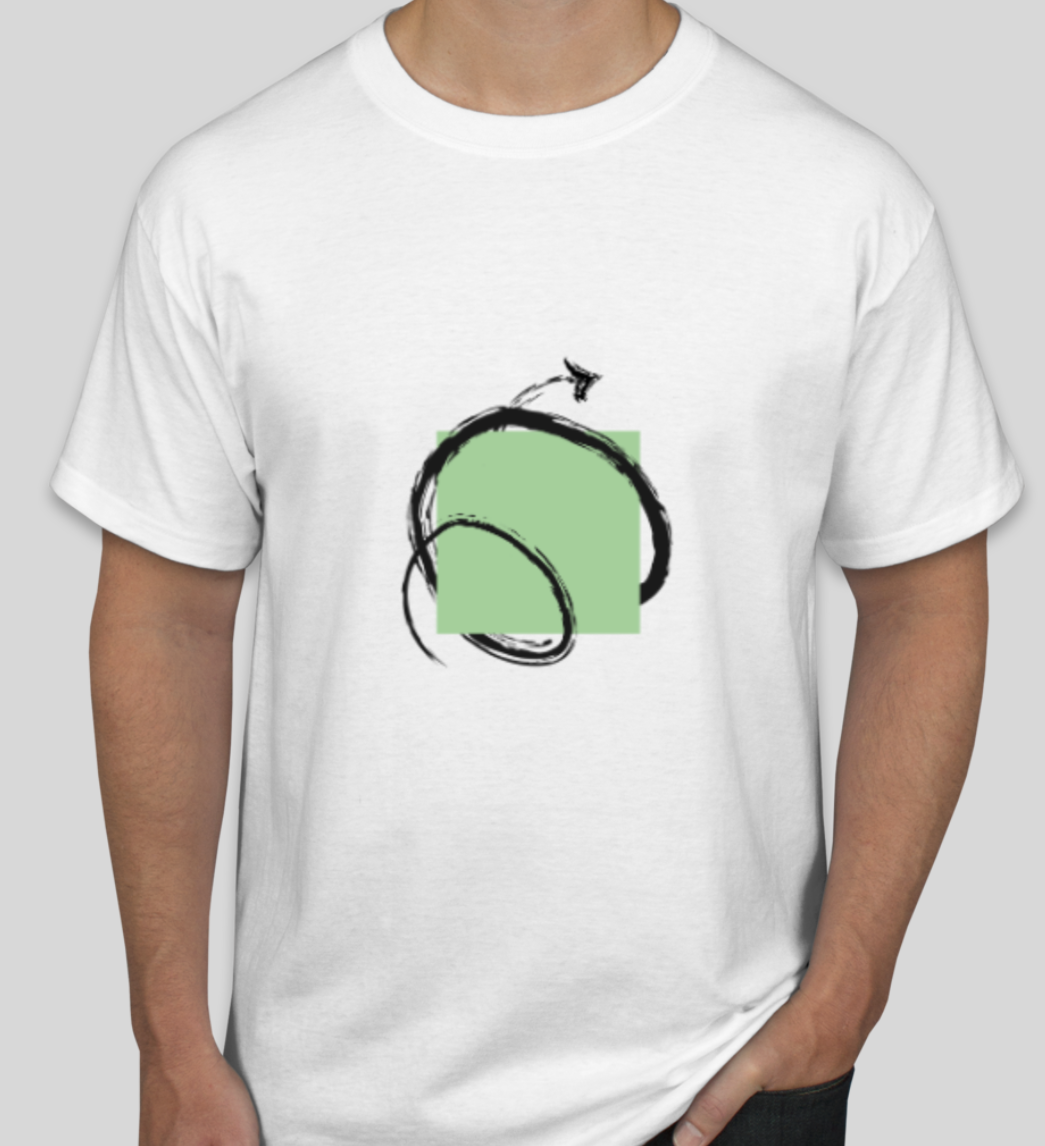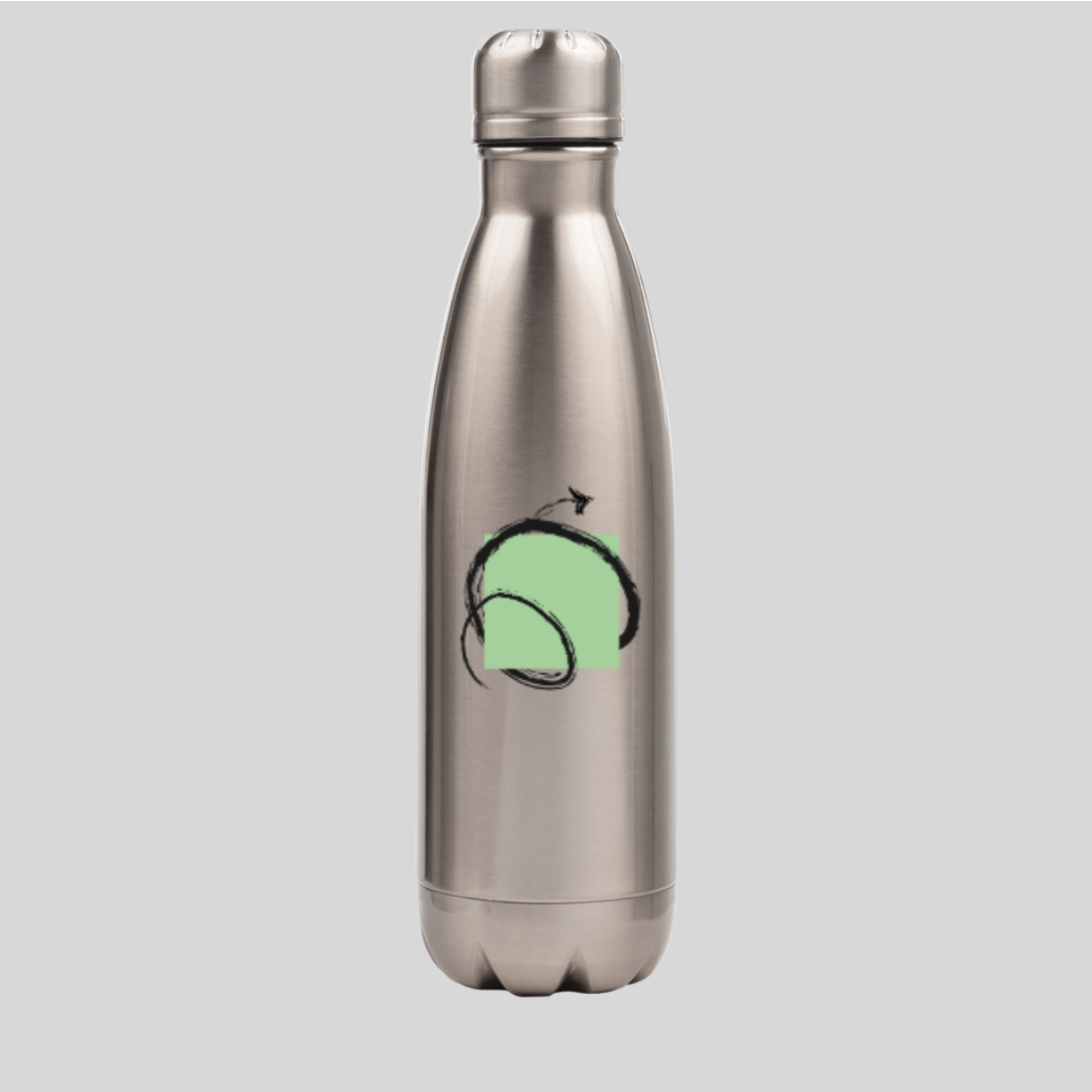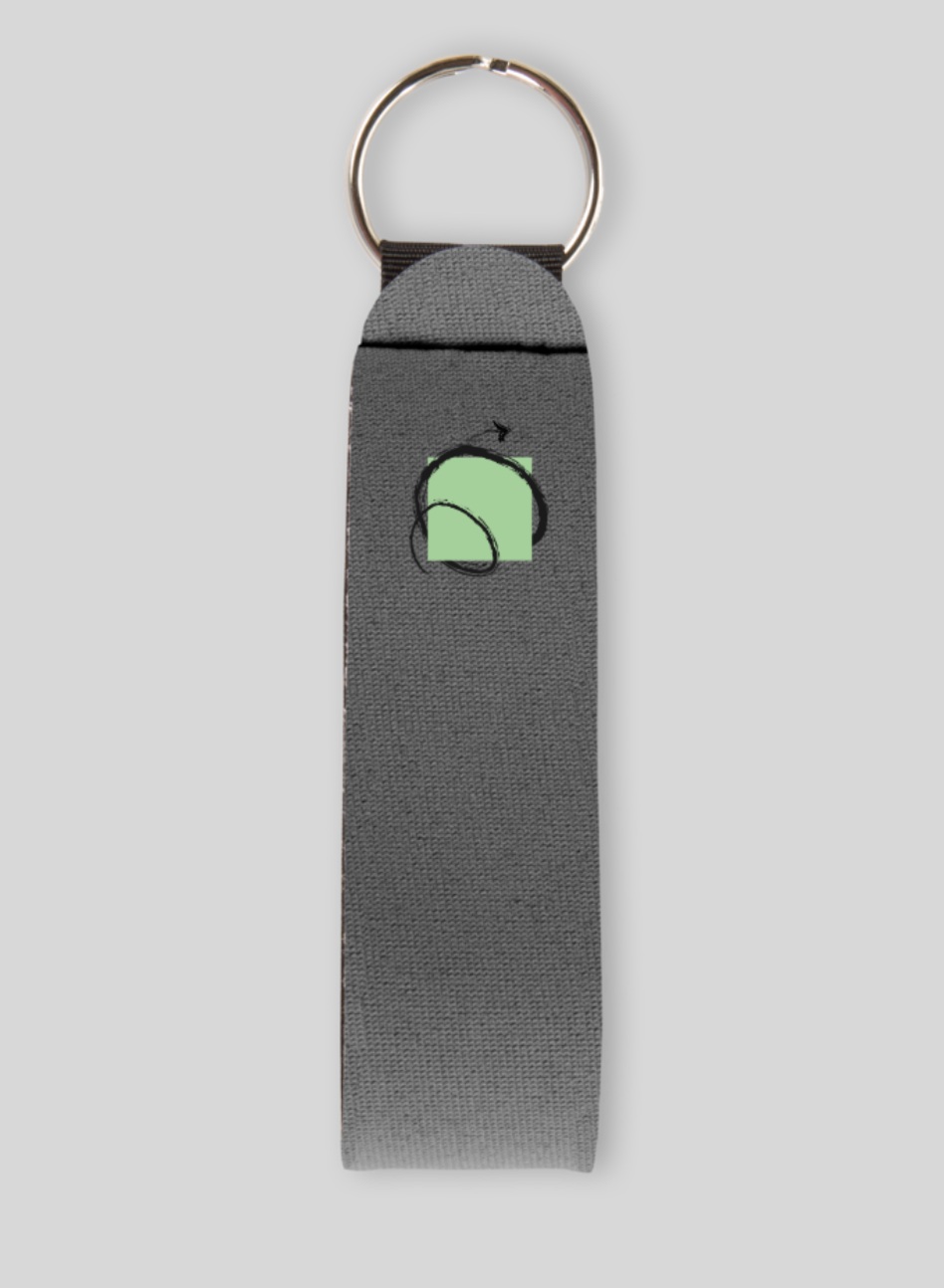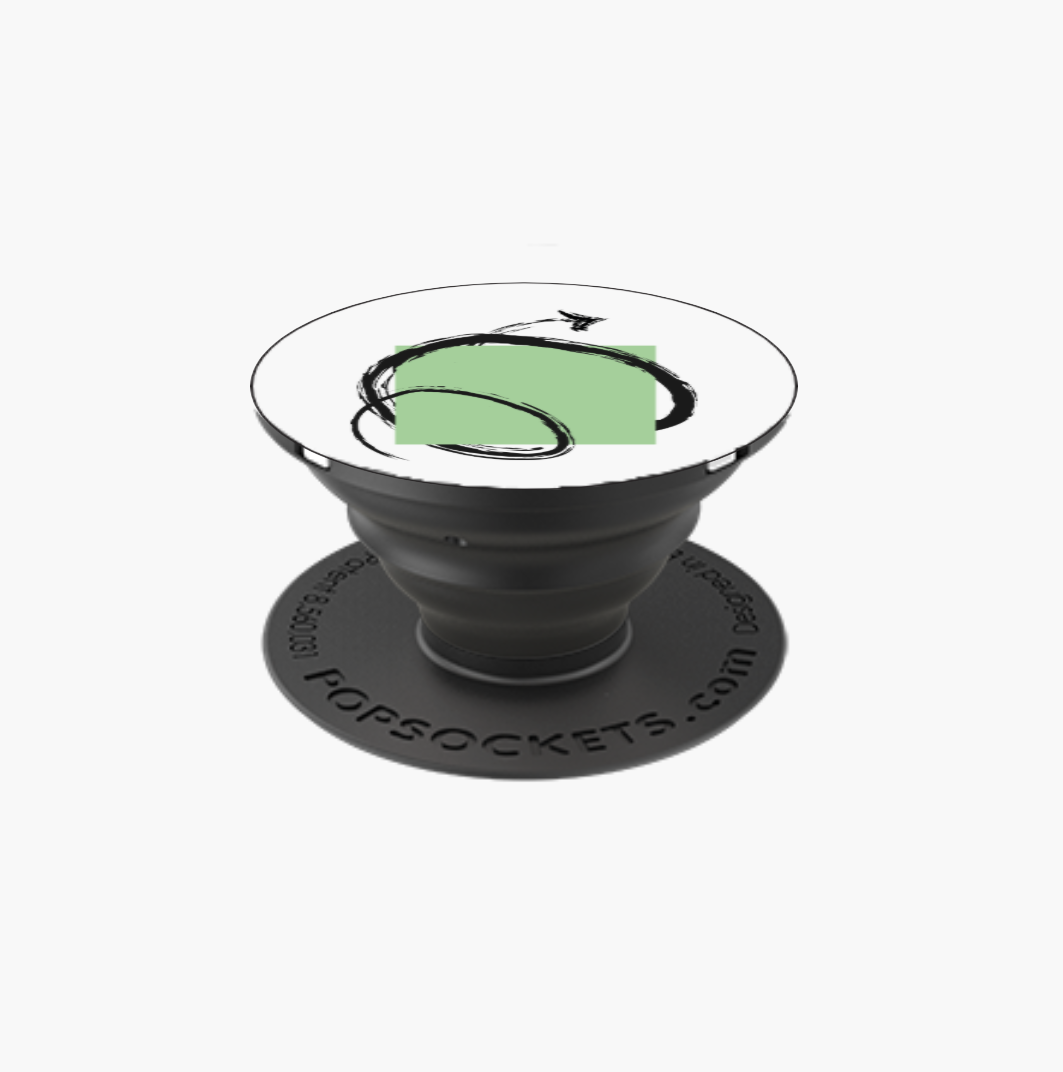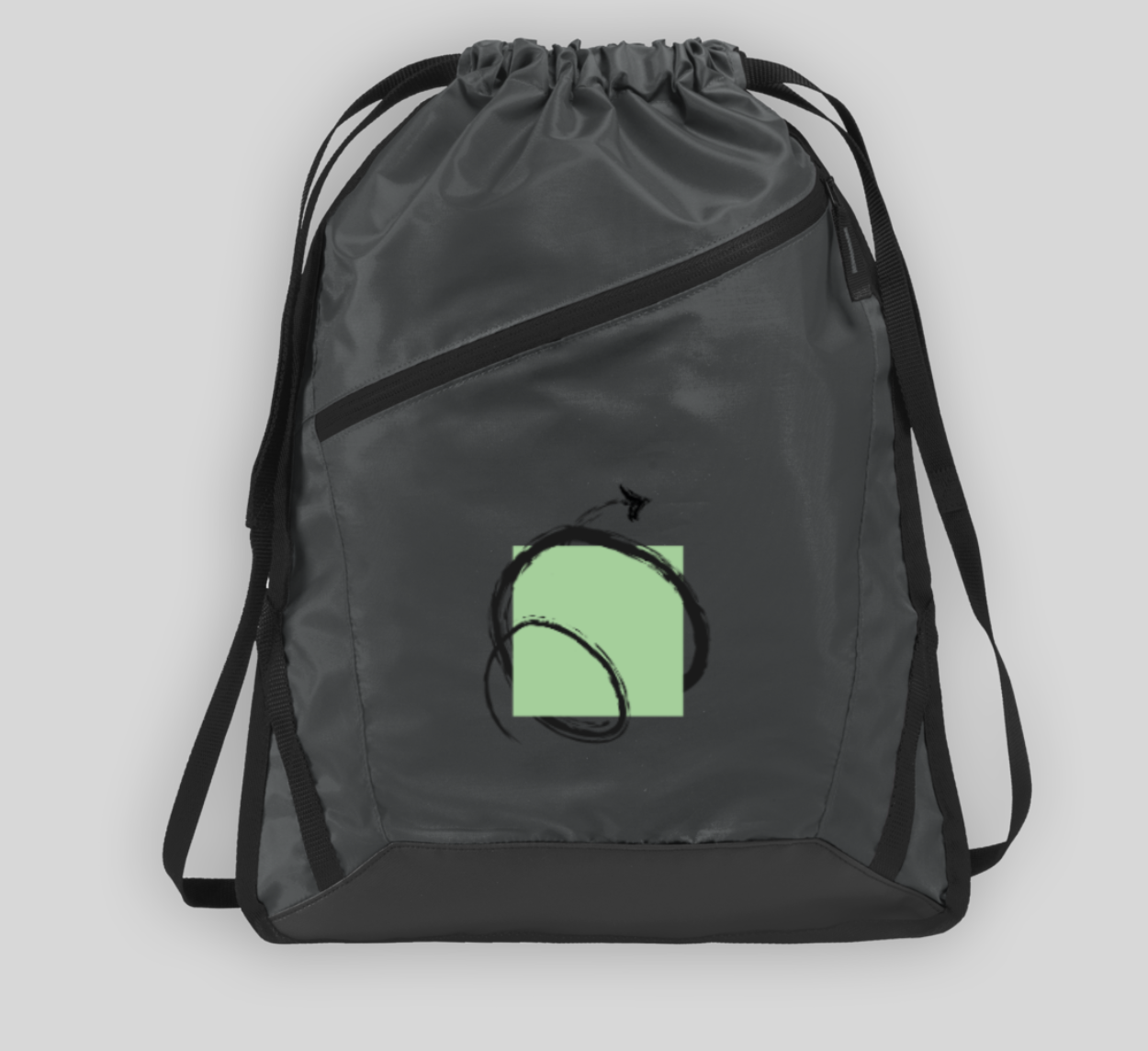Approximately 75% of individuals aged 14-24 encounter depression, yet the diagnosis process often Takes up to a decade.
This delay can be attributed, in part, to the prevailing social stigma surrounding mental health. Many individuals fear that opening up about their emotional struggles may lead to negative perceptions and the notion of weakness. However, seeking help is an act of strength, showcasing one's determination to improve their well-being.
Initiating a healthy conversation around this topic among young adults becomes crucial, especially during periods of change when uncertainties may be prevalent. Overcoming the stigma requires addressing the misconception that seeking assistance is a sign of weakness.
Another contributing factor to the prolonged diagnosis duration is the lack of awareness among young adults who may have never encountered depression in their earlier years. Understanding the emotional landscape of depression becomes essential for fostering empathy and facilitating earlier recognition and intervention.
PROBLEM
Teenagers and young adults who begin to experience signs of depression are unable to identify early symptoms because they don’t know what depression is.
Insight
The definition of depression is often tailored to cater to professionals treating the condition, such as psychiatrists, rather than resonating with individuals undergoing the experience. Given the broad and intricate nature of depression, explaining it to those who may lack personal exposure to it doesn't necessarily enhance their understanding.
Let’s put it this way:
Is someone more likely to understand depression on an emotional level if it’s defined as “meeting a clinically significant threshold of depressive symptoms?” Or are they more likely to understand Winston Churchill’s analogy that having depression is like having “a monkey on your back?”
People don’t need to be able to diagnose themselves with depression -- diagnosis is for medical professionals -- they need to know how depression feels so they’ll think about talking to someone.
SOLUTION
Establish a comprehensive program that collaborates with schools to research and better understand the behaviors and problems surrounding depression among teenagers and young adults, while embracing empathy and transparency. Spiraling Up, as a brand, is dedicated to conveying the emotional experience of depression in a useful and value-driven manner. Our project encourages young people to have an emotional understanding of depression, guiding them to seek help if they encounter such challenges.
This initiative comprises three major components: a book, an application, and a website.
The books, designed with an intentional and collaborative approach, serve as an analog tool for students to internalize their experiences, promoting iterative self-reflection and addressing assumptions. The content is intentionally concise and conversational, humanizing the conversation around depression.
The application, leveraging collaborative feedback and intentional UX design, is a digital platform that not only connects students to others but also prioritizes accessibility, inclusivity, and adaptive features. The UI ensures a clean and minimalistic aesthetic, offering discoverable and distinctive elements for an engaging and effortless experience.
The website, with an emphasis on transparency and ethical considerations, is tailored for third parties such as parents. It provides comprehensive information about the program, following universal design principles and promoting a disruptive yet harmonious approach to mental health education. This ensures that all users, regardless of background or ability, can access and engage with the content effortlessly.
THE USER JOURNEY
THE BOOKS
The books are meticulously crafted to provide a holistic examination of depression symptoms in young people, embracing a research-driven approach to understanding the complexities of this mental health condition. Each book commences with an introduction, transparently explaining Spiraling Up's purpose.
Subsequently, a series of poems and short stories are presented, leveraging diverse writing styles to convey an empathetic and emotional understanding of what depression feels like. This approach is intentional, addressing the diversity of reader perspectives and aiming for a deeper connection. The content is deliberately concise, conversational, and humanizing, avoiding unnecessary jargon and allowing for a personal engagement.
The second section of the books is a collaborative effort to provide students with valuable tools for self-reflection. The pages include a calendar, doodle pages, a gratitude list, monthly goals, and an event calendar, making the content discoverable and distinctive. The intention is to create an approachable and adaptive resource that helps students navigate their emotions effortlessly.
The final page incorporates a QR code for easy access to a list of resources tailored to the reader's zip code, reinforcing the value of transparency and inclusivity. This intentional design prevents readers from experiencing frustration when reaching out for help and ensures that the resources are perceptible and easy to access.
The collaborative effort continues with a distribution plan. Three books will be provided to high schoolers progressively, introducing them to the concepts of depression and coping mechanisms. Guidance counselors, serving as the primary point of contact between Spiraling Up and students, will introduce the books during the second semester of junior year. The iterative plan includes releasing the second book in the fall of senior year and the third and final book before graduation. The launch strategy is designed to be sustainable, ensuring a seamless and delightful experience for students throughout their engagement with Spiraling Up's resources.
Click through to go through one of the books.

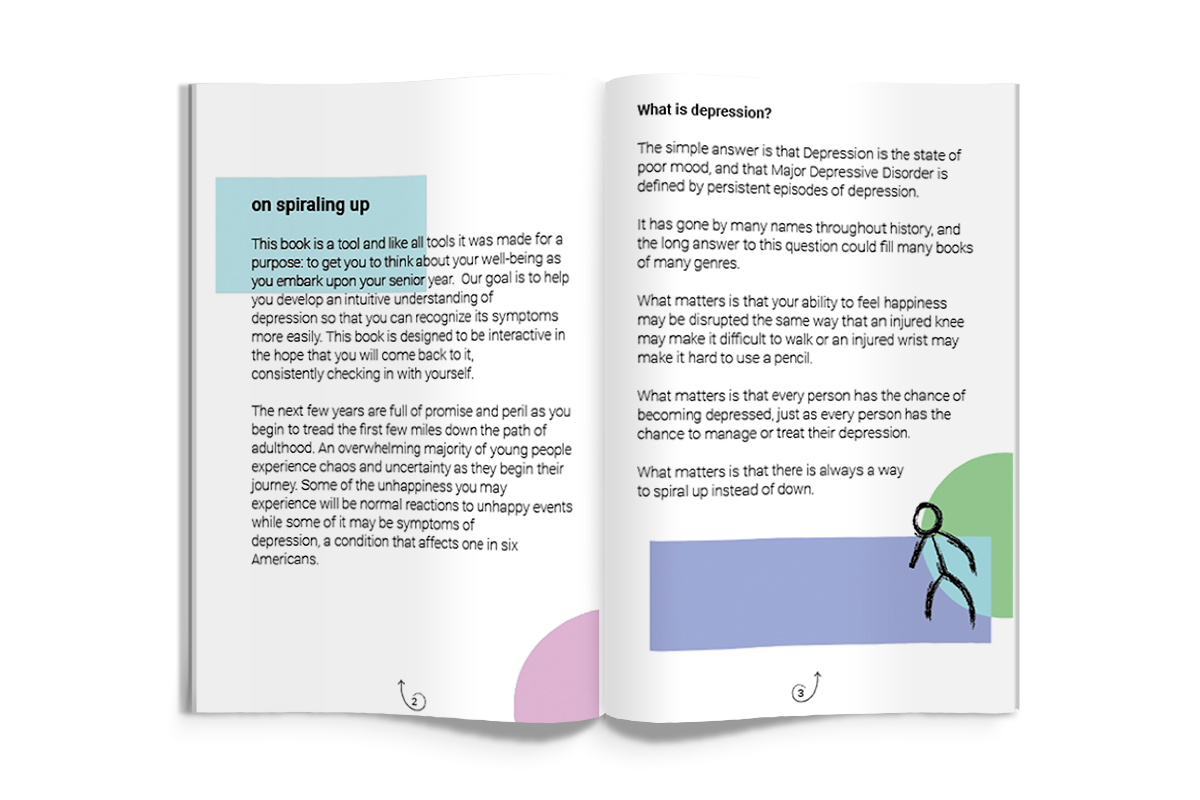
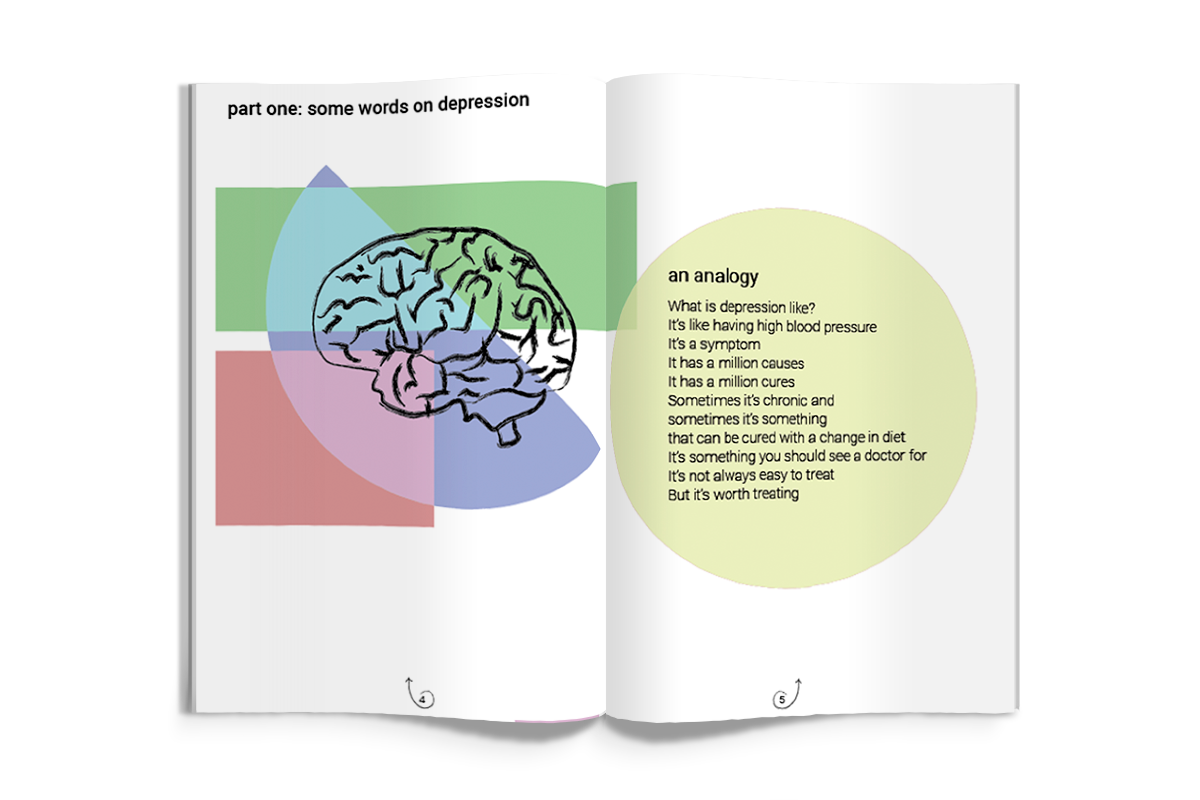
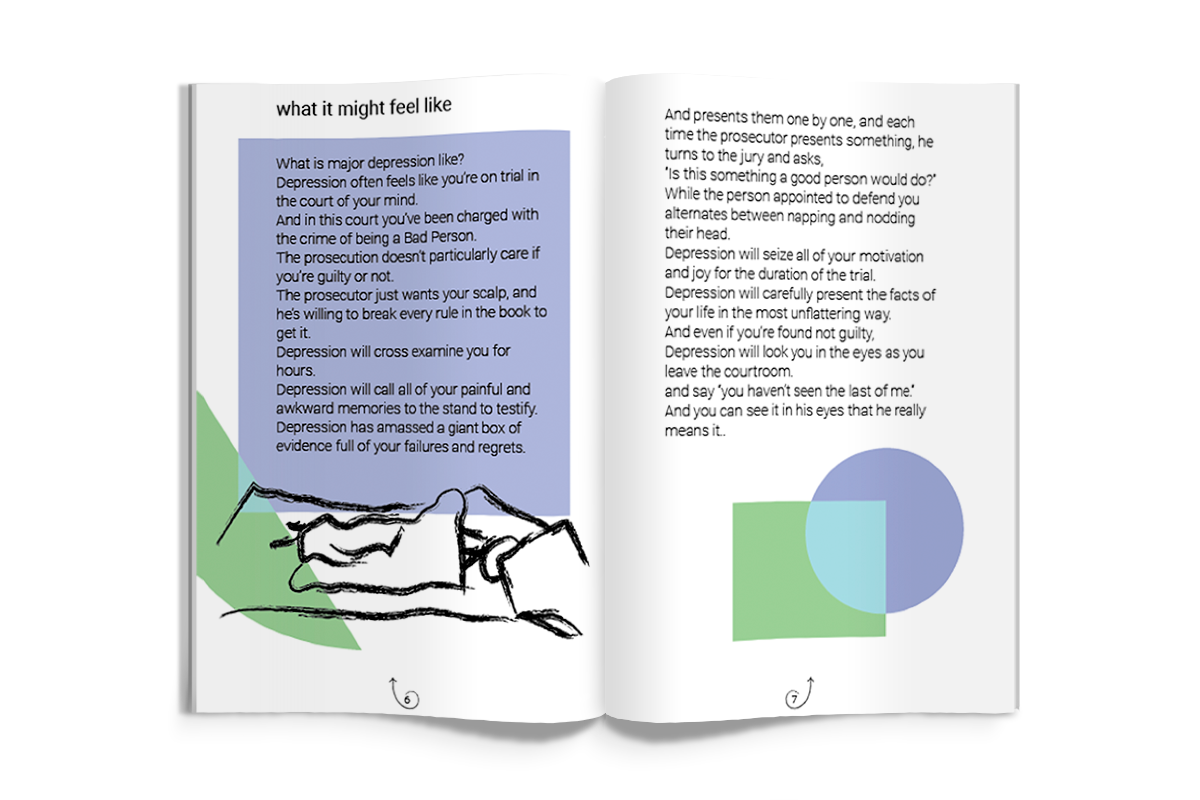
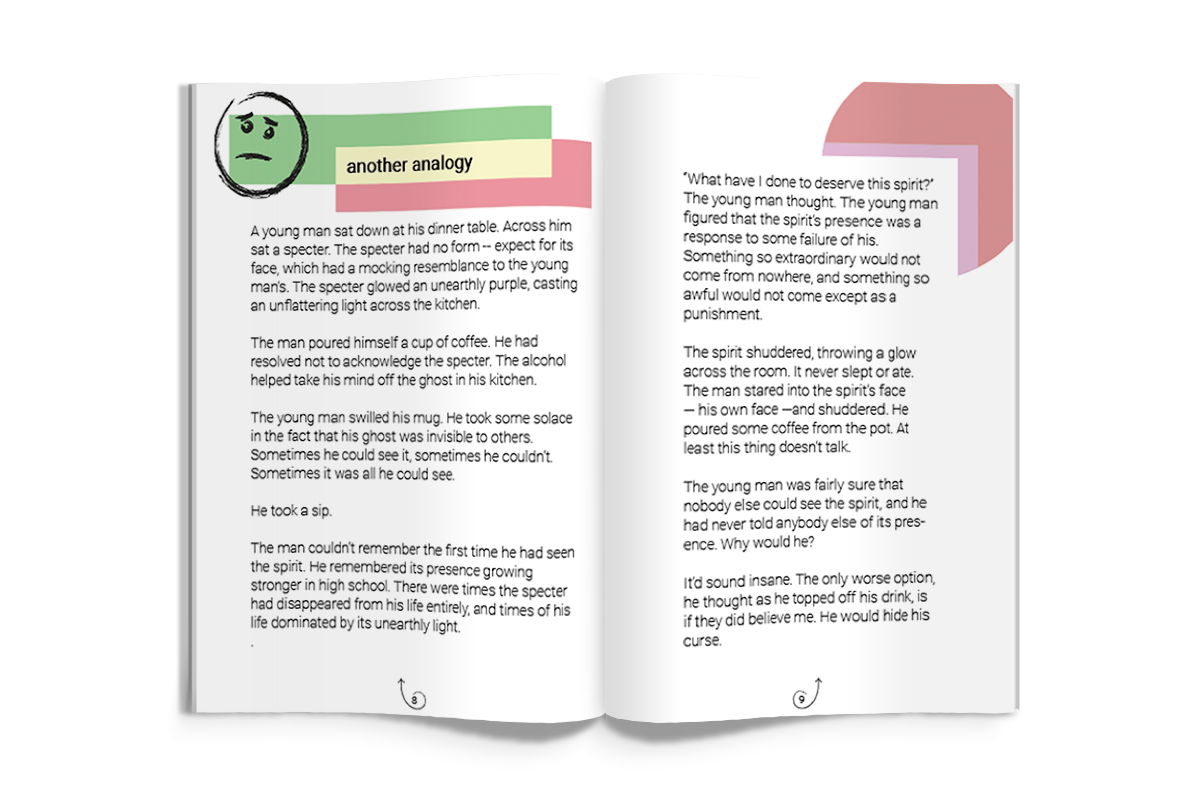
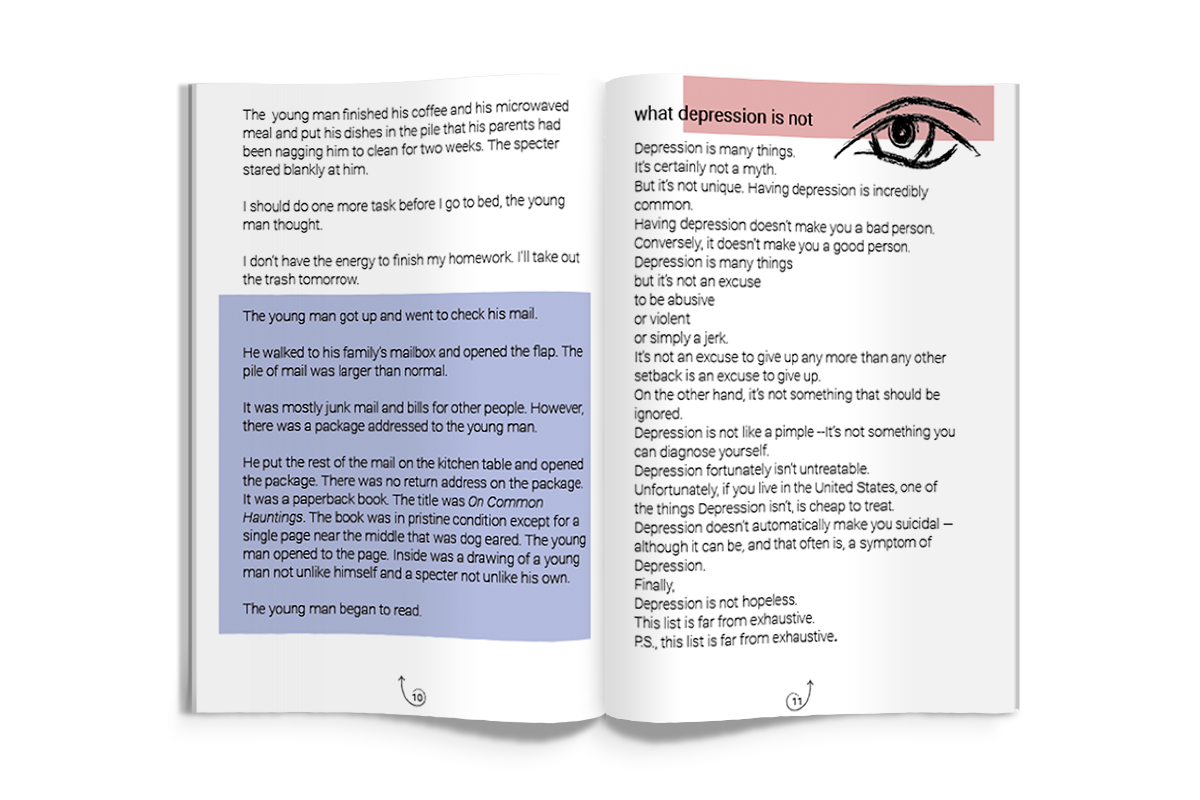
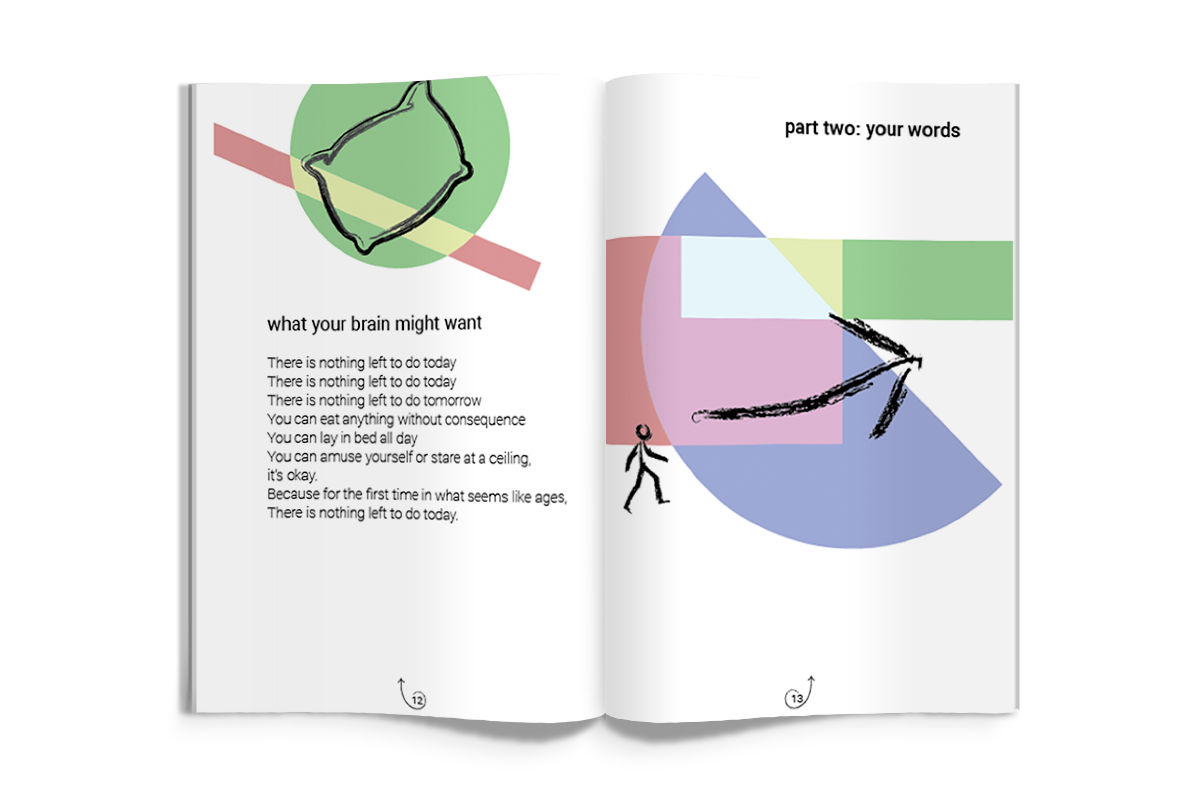

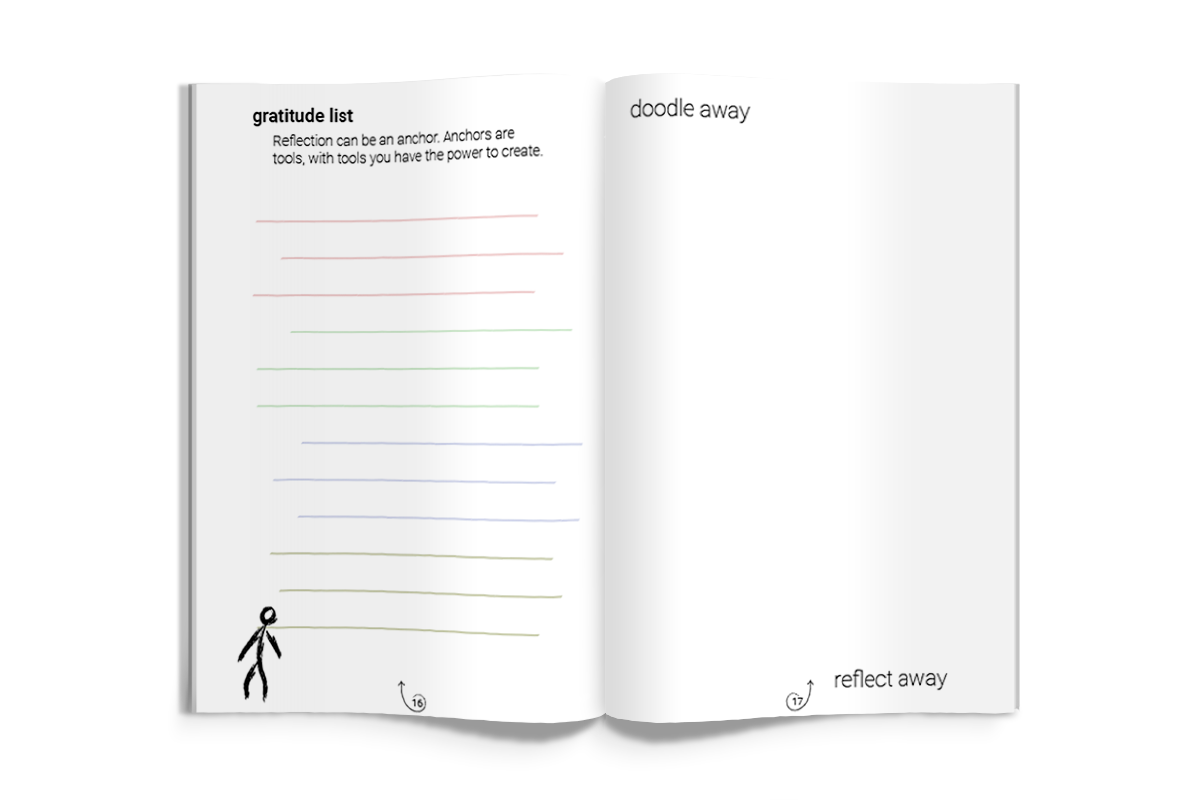
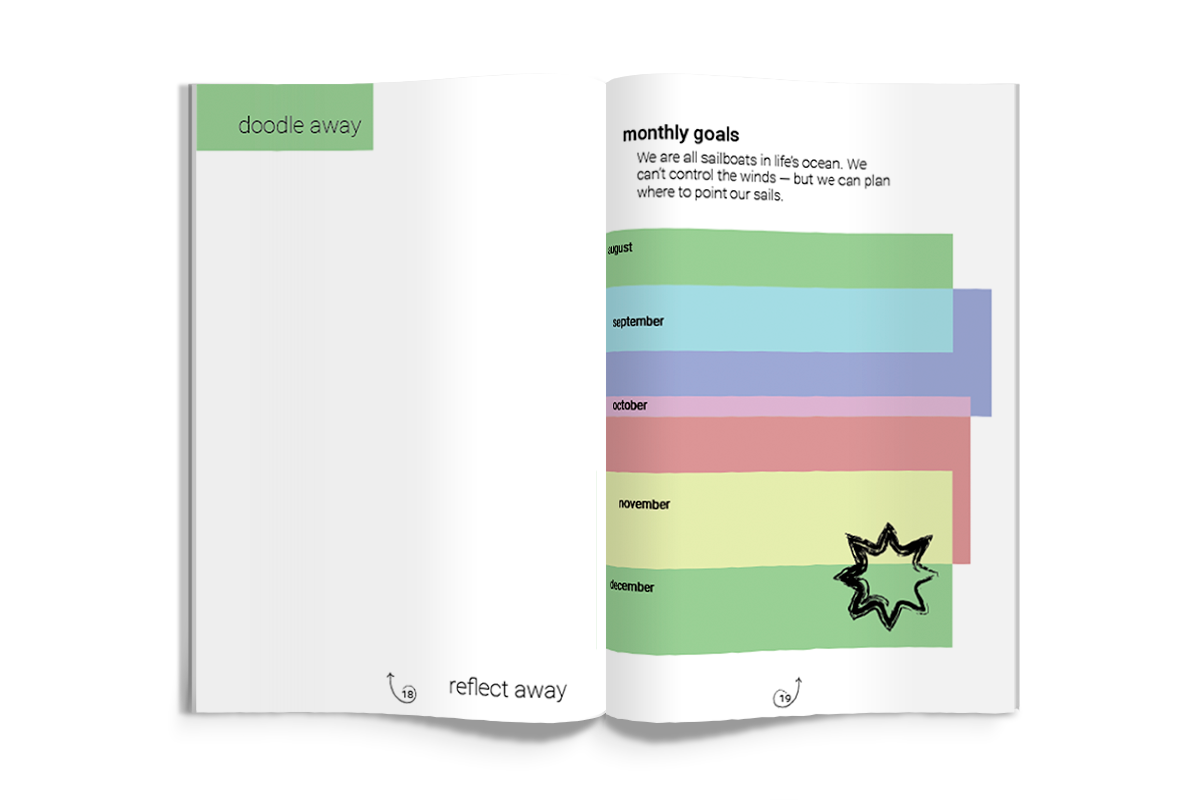
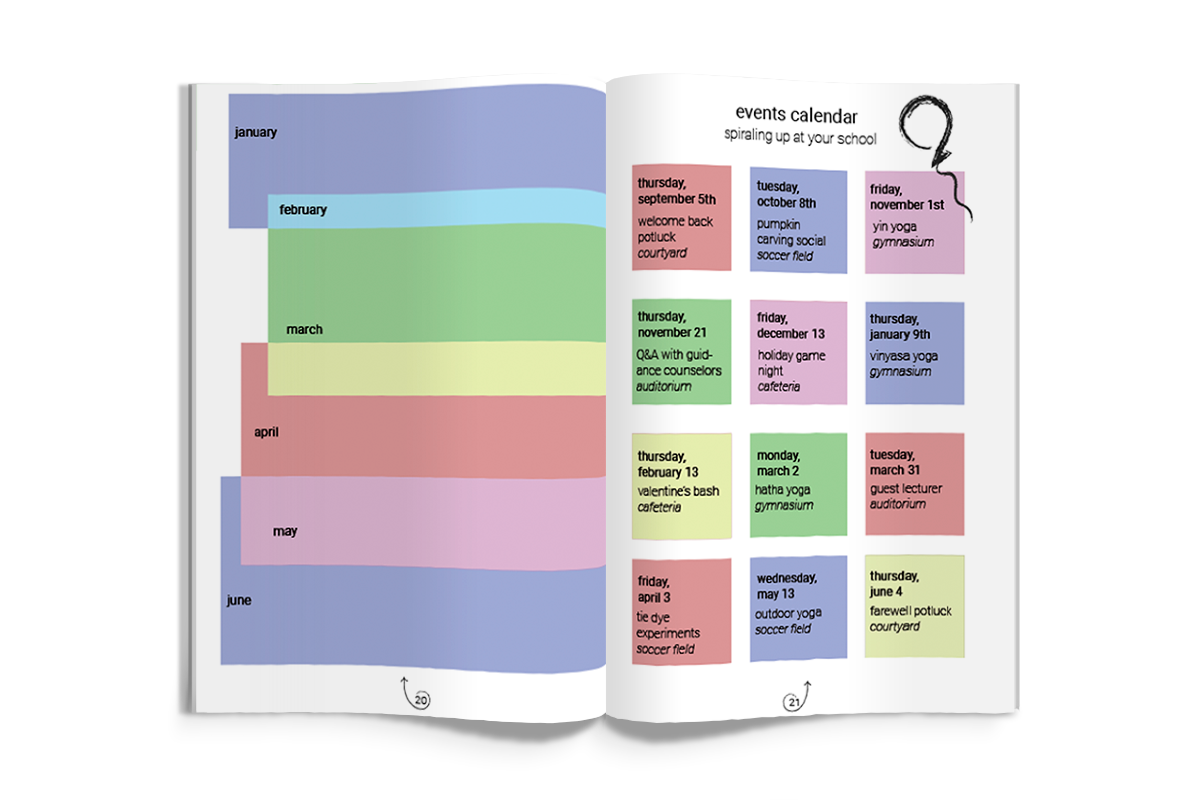
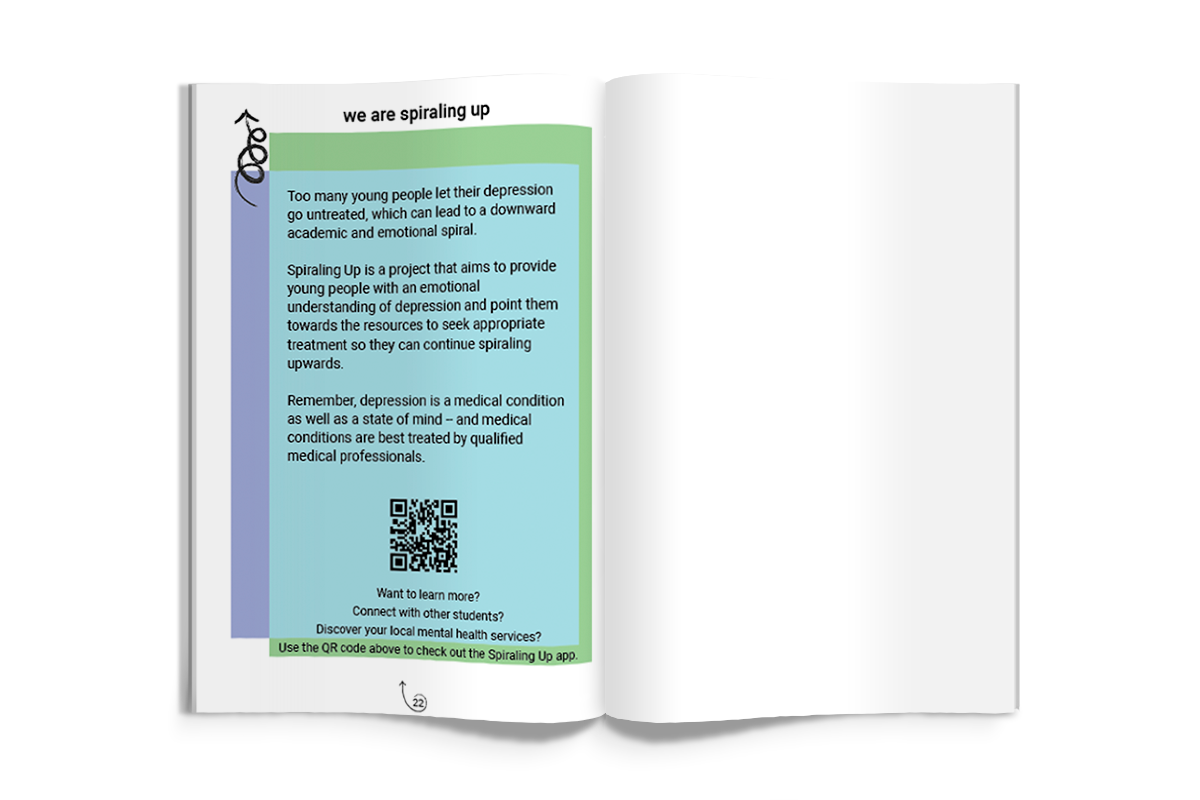
AppLICATION
The app helps students connect with each other and streamlines the first steps towards seeking treatment by a health professional.
The Spiraling Up app aims to make the first steps towards seeking help easier, less lonely, and less daunting. It helps students connect with each other and participate in groups with similar interests in a safe and moderated environment.
APP USER JOURNEY
Upon downloading the app, users are greeted with the welcome screen and asked to agree to the terms and conditions, ensuring transparency and setting clear expectations. Students register through their school and initiate their account with a customizable avatar, emphasizing the value of personalization. To gauge their mental health state, users answer a quick prompt, incorporating a humanizing touch and acknowledging the importance of empathy.
The app introduces an intentional and collaborative approach to building connections. Users are given the option to choose different conversational groups aligned with their interests, embracing diversity in topics. To maintain an agile and structured conversation, these topics are categorized into school, career, emotional, and other. Users can effortlessly navigate and discover groups based on their preferences, addressing the need for an approachable and adaptive user experience.
The UI design ensures an aesthetic and minimalistic balance, with color-coordinated hotspots on the map providing an engaging and visually distinctive experience. Users can effortlessly post, read, like, comment, or direct message others, creating an inclusive and approachable space for interaction.
The news feed introduces delightful and engaging elements, showcasing the app's most popular public posts. The app's architecture prioritizes discoverability, making content perceptible and accessible. Users can access their profile at any time, offering an intuitive and effortless experience, where they can track reward points and exchange them for discounts on college applications—integrating value into their app interactions.
Most importantly, the application emphasizes the importance of staying connected with guidance counselors. Users can schedule appointments or ask questions through the app, reflecting a lean and efficient approach. Additionally, the app proactively guides students to relevant medical professionals, prioritizing their holistic well-being. The launch strategy is designed to be universal and sustainable, ensuring a seamless and unique experience for students throughout their engagement with the app.
DISCUSSION THREADS
Discussion threads allow for the students to have group conversations around mental health, and anything that may impact it.
CONVERSATION MAPS
The conversation map indicates active users across the country, logged in by school, and students can click on the active dots to start one-on-one conversations.
GUIDANCE COUNSELORS + RESOURCES
Students can message their guidance counselors, schedule appointments, and access emergency resources if needed.
EVENTS
Students can view the program’s upcoming events, also listed in the book, and add them to their own schedule for a customized calendar.
WEBSITE
The website serves as a valuable platform for third parties, especially parents and anyone with a general interest, to learn more about the Spiraling Up program and stay updated on its progress. Embracing transparency, the website is designed to provide useful and value-driven information, offering insights into the book, the application, and how these components interact seamlessly. The architecture ensures accessibility and inclusivity, with an adaptive and cohesive design that caters to a diverse audience. To mitigate potential overwhelm, the content is concise, conversational, and humanizing, presenting the information in an effortless and intuitive manner.
Collaboratively designed with an intentional approach, the website follows lean and agile principles, allowing for iterative updates based on user feedback and evolving requirements. It leverages distinctive UI elements, such as clean and minimalistic aesthetics, balanced color schemes, and consistent typography, ensuring a visually engaging and discoverable experience. The website incorporates delightful motion elements, creating a harmonious and engaging environment for visitors.
In the development phase, the website prioritizes efficiency and performance, leveraging sustainable patterns and responsive design for a holistic user experience. Personalization is a key aspect, providing a platform that adapts to individual preferences and caters to various levels of familiarity, eliminating potential blind spots.
Leading up to the launch, the website aligns with ethical guidelines, offering a unique and disruptive approach to disseminating information about the Spiraling Up program. Its universal design ensures accessibility to a broad audience, setting the stage for a seamless and timely launch that aligns with Spiraling Up's overarching mission.
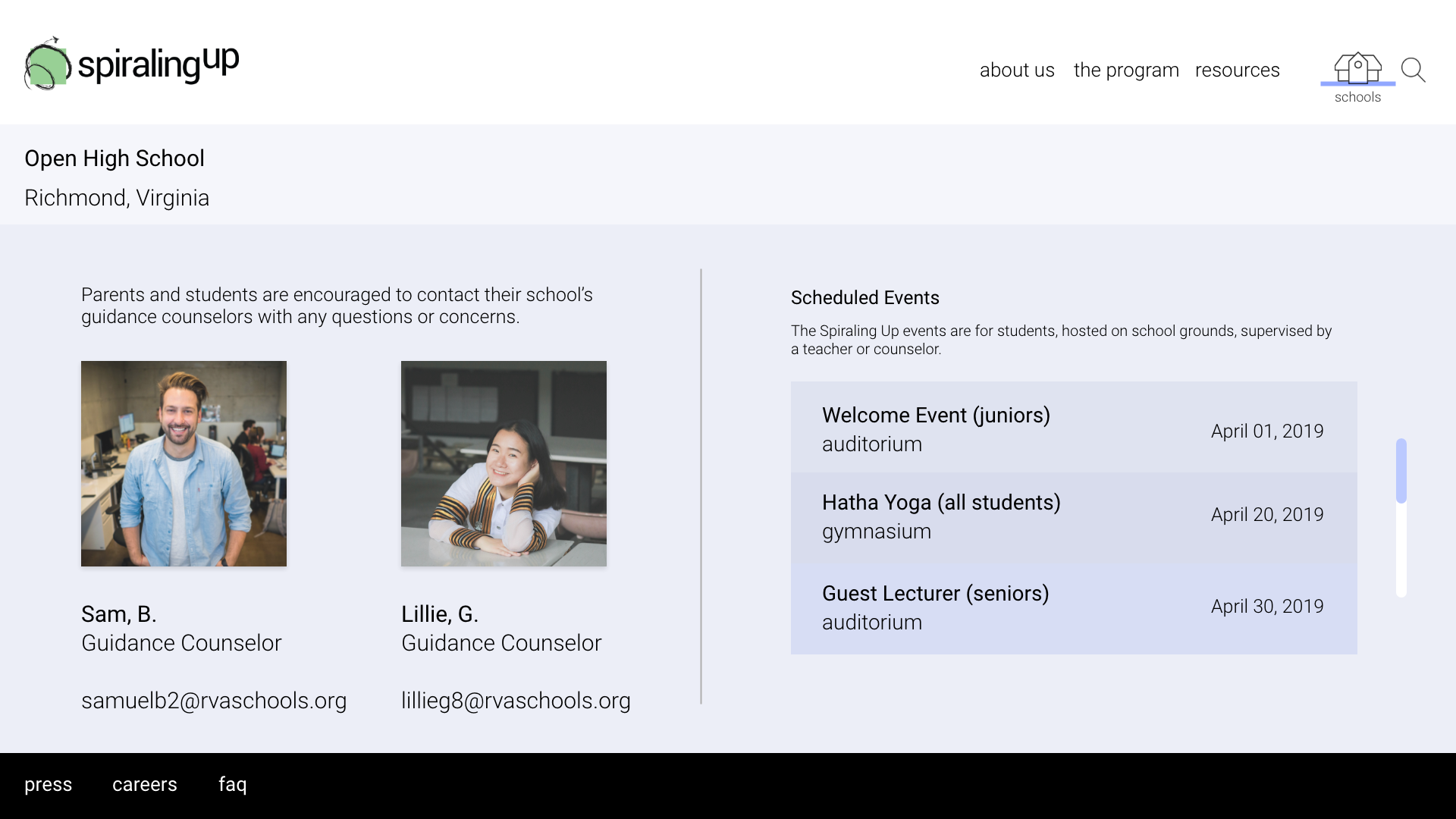
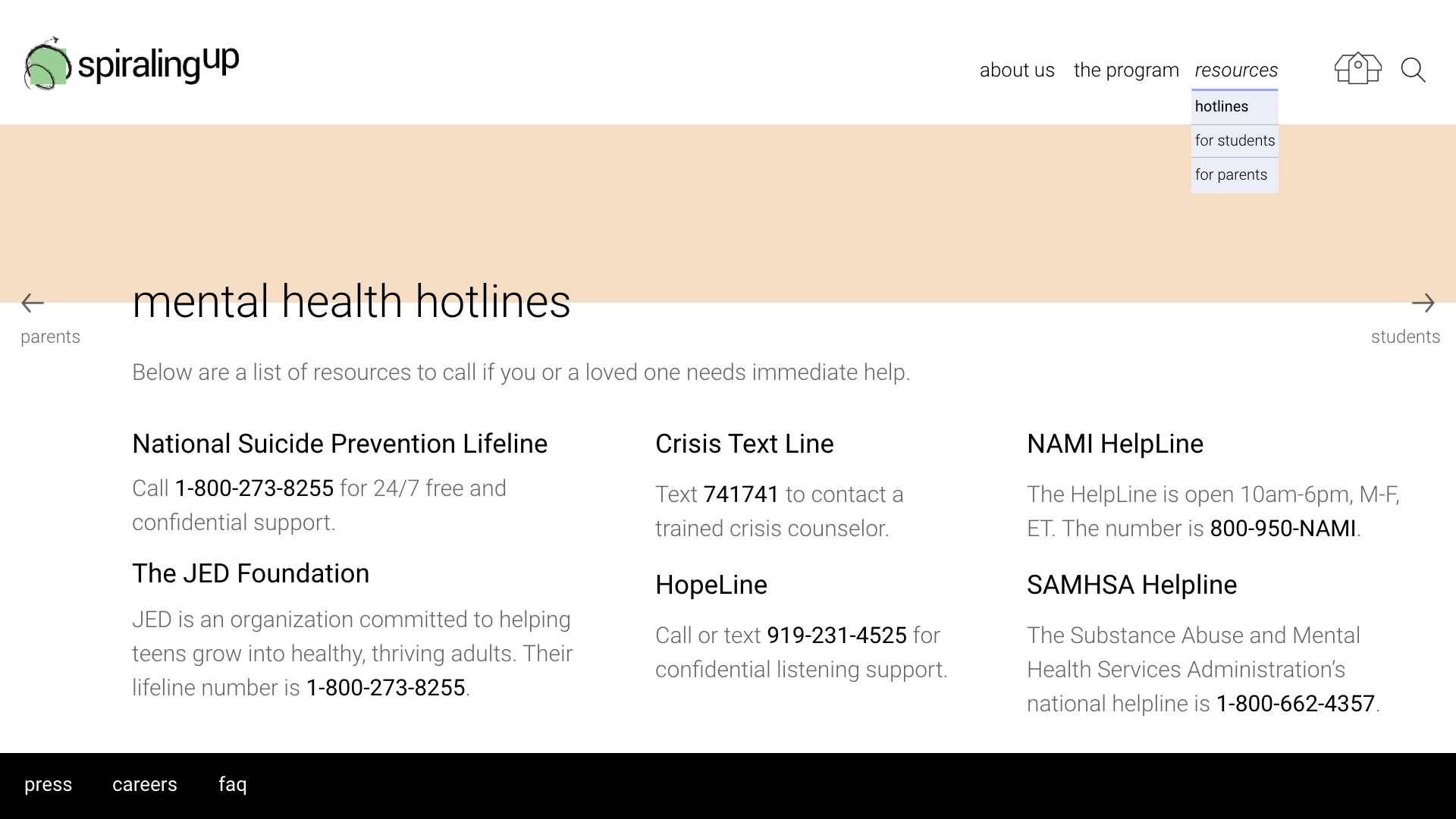
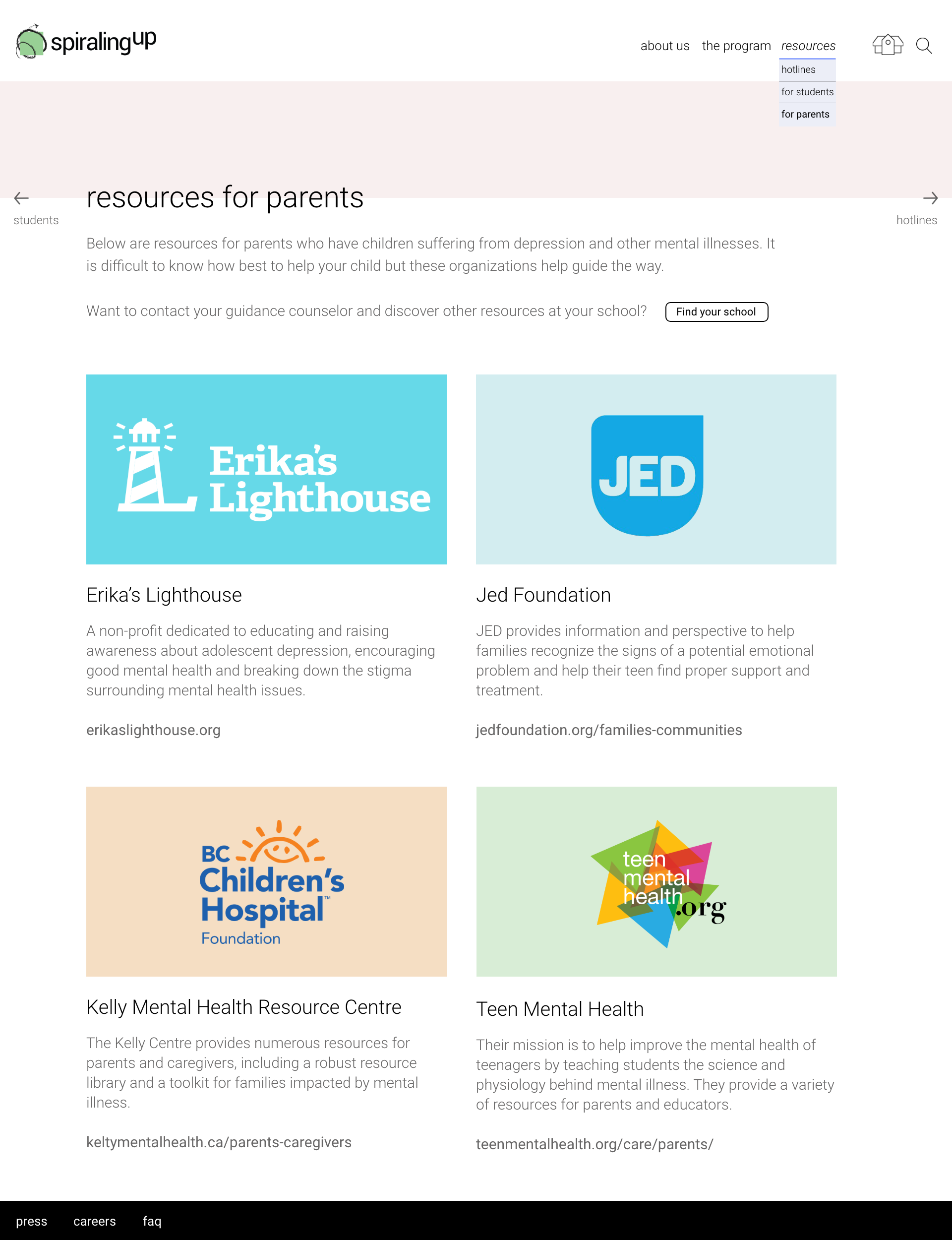

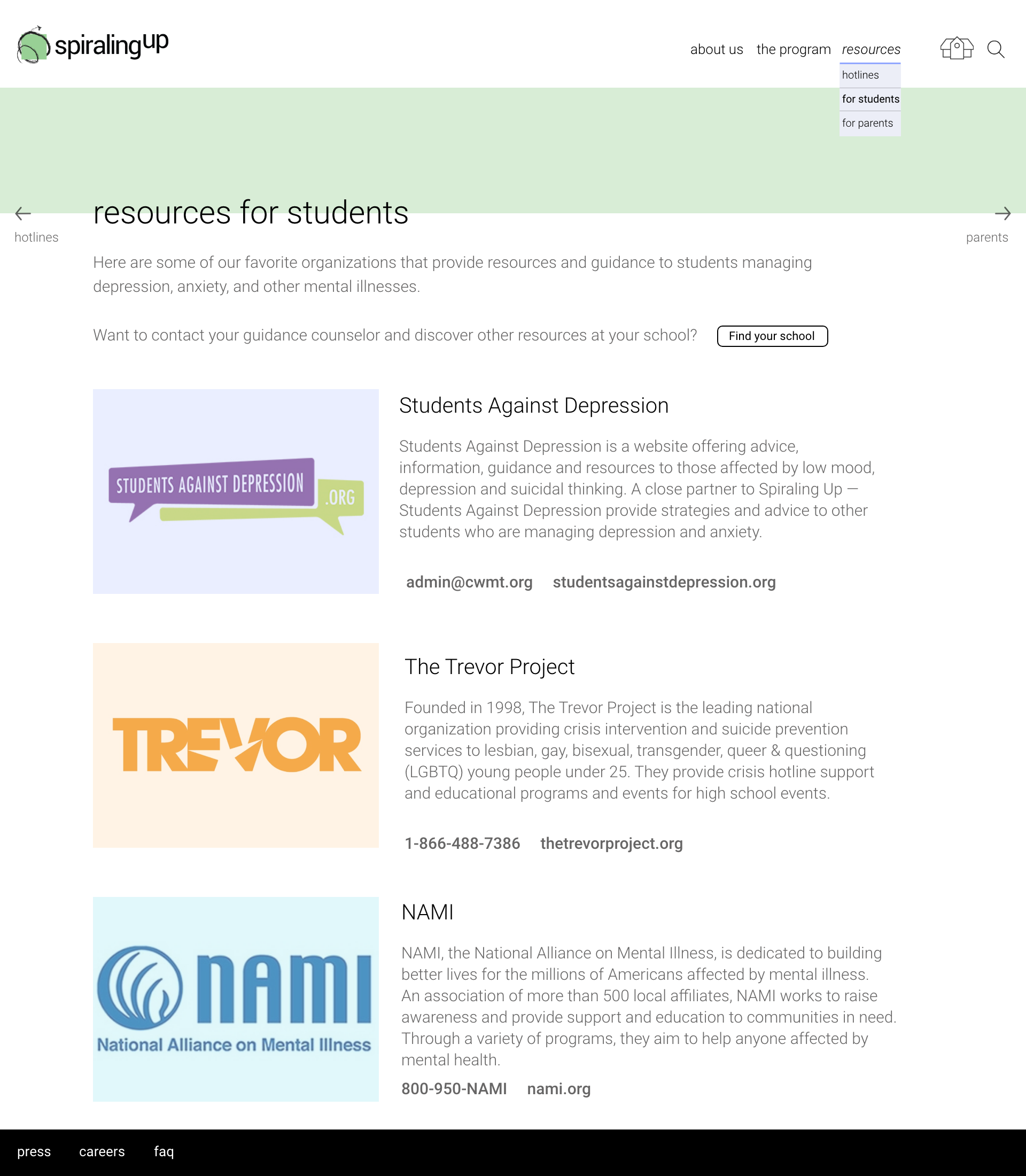
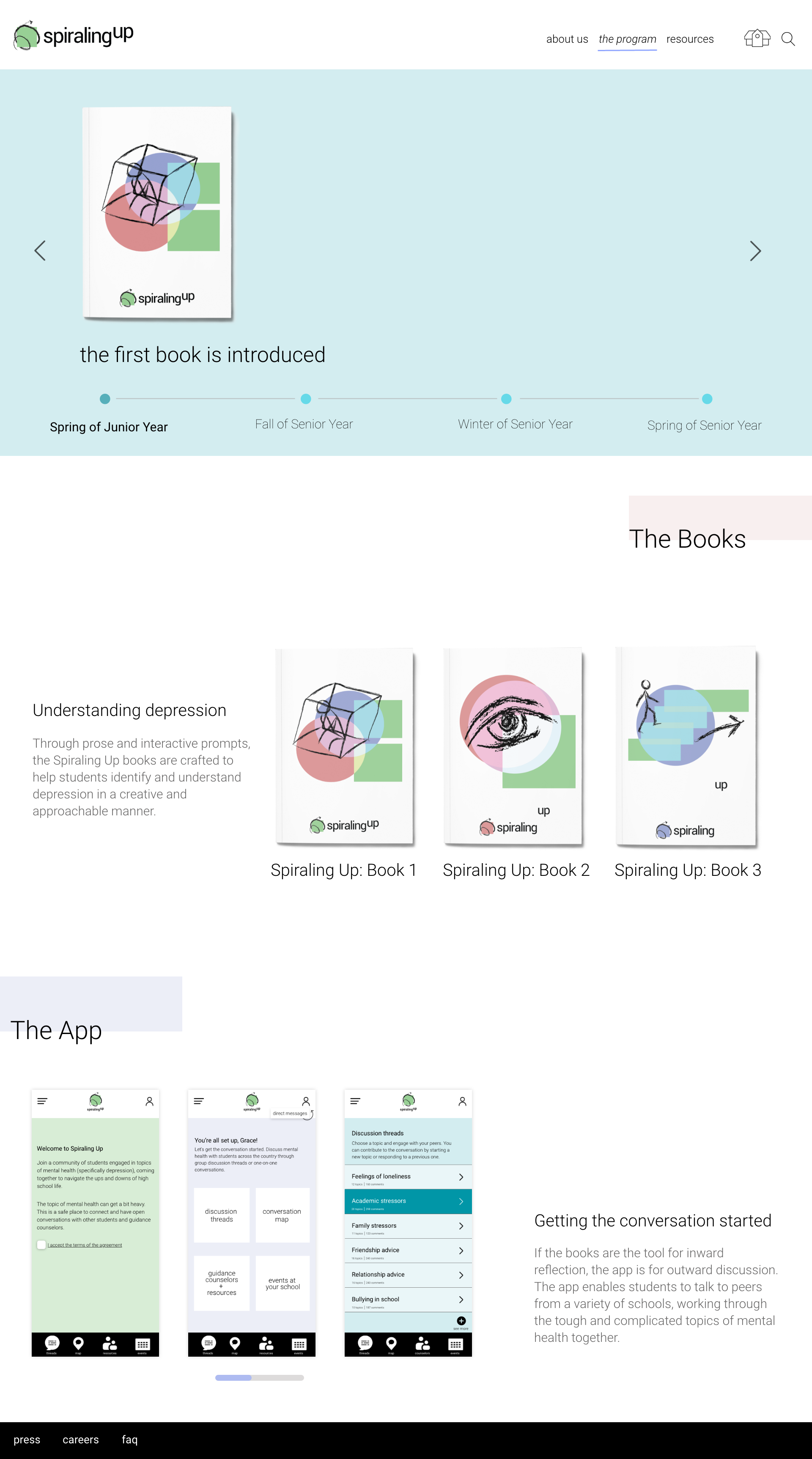
MERCH
In our effort to build a strong sense of community, we've created Spiraling Up merchandise to share with students at participating schools. This initiative embodies a collaborative spirit, emphasizing the importance of working together to shape a unified community experience. Our exploration of human behavior and empathy guided us in crafting merchandise that aims to evoke positive emotions and enhance the overall experience.
The minimalistic design of the merchandise ensures it's accessible, adaptive, and inclusive. It not only boasts a distinctive aesthetic but also seamlessly aligns with the Spiraling Up brand, embracing a clean and minimalistic design approach- it is purposeful, avoiding distractions and overwhelming elements, while its personality is carefully tailored to be approachable and engaging.
Our process involved gathering collaborative feedback and undergoing iterative development, resulting in a merchandise design that incorporates delightful motion elements, creating a seamless and captivating experience for students. The development phase prioritized efficiency, sustainability, and responsive patterns, allowing for personalized touches that resonate with a diverse audience.
USER TESTING
To gather insights on the overall concept and brand, we engaged in an interview with the administrative director of a behavioral and emotional health institute in Richmond, Virginia. According to her, the concept is promising and has real-world applicability. Additionally, she provided valuable suggestions, detailed in the accompanying video below.
Marcie J. Walsh, PhD
Administrative Director, College Behavioral and Emotional Health Institute (COBE)
Course Coordinator, The Science of Happiness
TEAM
Ben Gross (AD)
Patrick Lampera (CW)
Elise Sokolowski (XD)
Linda Kirova (XD)


